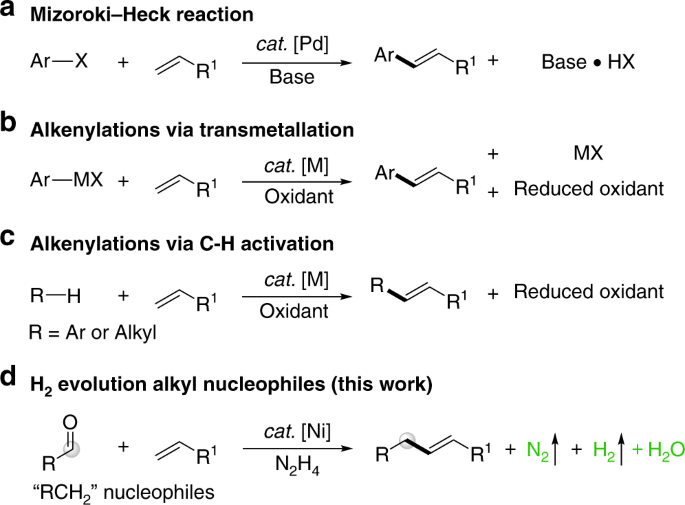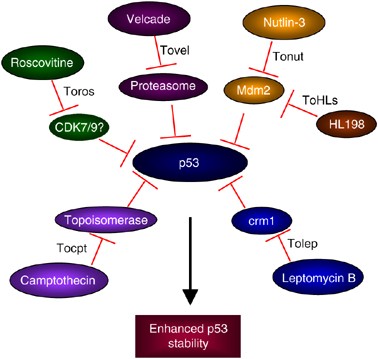- Select a language for the TTS:
- UK English Female
- UK English Male
- US English Female
- US English Male
- Australian Female
- Australian Male
- Language selected: (auto detect) - EN
Play all audios:
Researchers have devised a new, microwave-assisted technique for extracting pectin from orange peel1. It will be very useful for extracting orange pectin, which has a wide range of
applications in the food and pharmaceutical industries. Pectin is a natural polymer found in fruits such as oranges and apples. It is biodegradable and biocompatible and therefore finds us
as a gelling agent and stabilizer in the food industry and as a biomaterial for implantable and prosthetic devices. Pectin is rapidly degraded by colonic microorganisms, making it a suitable
as a carrier for colon-targeted drug delivery. However, current techniques for extracting pectin are complex and ineffective for bulk production. The researchers have developed a simple
microwave-assisted technique for extracting pectin from dried orange peel. The amount of pectin extracted increased with increasing microwave power, whereas it decreased with increasing
time, pH and solid–liquid ratio. The study also determined the microwave power, microwave duration and the pH that maximized the yield of pectin: a microwave power of 422 watts for 169
seconds was found to maximize the pectin yield. The researchers say that this technique will be very helpful for extracting orange pectin, which can be used to make polymer hydrogels, films,
tablets, nanoparticles and scaffolds for biomedical applications.








